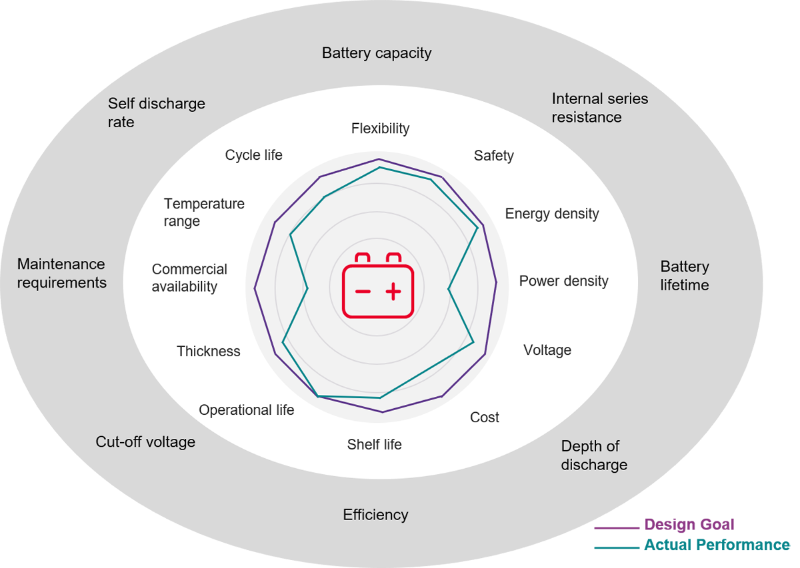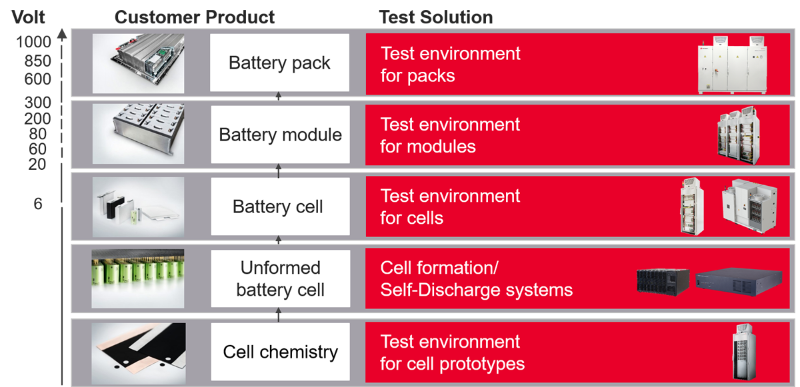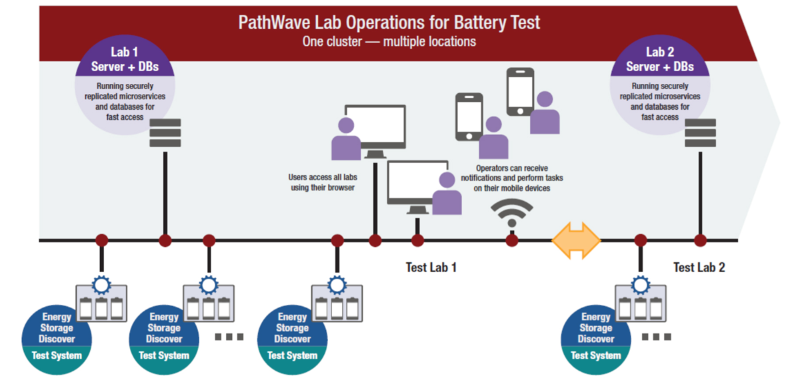Building Better EV Batteries
By Hwee Yng Yeo
The modern alchemist’s quest for longer battery life is more challenging than ever. Good battery design for the e-mobility industry is akin to concocting a powerful potion, with the right balance of chemicals to handle different applications and challenging environments. The battery also needs to pack a punch to provide extra mileage on the road.
Battery makers face intense competition to get a slice of the pie in the electric vehicle (EV) battery market, which is poised to grow by $44.2 billion between 2020 and 20241. While technology has reduced the cost of an average Li-ion EV battery by 80% over the past decade, the battery remains the most expensive part of the electric car. Bringing down this cost component will help EVs win over more drivers.
So just what does the modern alchemist have to balance, in formulating the ideal, and affordable battery? The answer lies in understanding what causes the gaps between design goals and real life performances (see example in Figure 1).
Creating the ideal cell chemistry requires an understanding of various parameters affecting battery performance, at the cell, module and pack levels, depending on the different aimed applications.
To complicate matters, each battery cell exhibits different characteristics, depending on their applications. In designing and testing batteries, the battery cell design manager has to consider how to juggle various test parameters for multiple cell types under development, with available test resources.
For instance, in EVs and hybrid EVs, fast charging and extended range are important, hence the battery design must prioritize tests to achieve higher capacity, efficiency, and energy density goals among others. To manage and meet these requirements efficiently, battery cell manufacturers need to anticipate the types of tests that must be carried out throughout the entire battery development chain (see Figure 2). Furthermore, the rapidly evolving EV battery market also means manufacturers have to adopt future-proof design-for-test solutions to ensure attractive return on investments in their design and test solutions.
Recently, ElringKlinger AG, a global leading developer of automotive drive systems and volume manufacturer for battery components, decided to collaborate with Keysight2 to further accelerate the development of batteries. Their aim is to deliver highly efficient and reliable battery systems to their customers in a fast, consistent, and cost-efficient way.
ElringKlinger will test their cells to identify the most effective combination of cells for their targeted end-customer applications, using Keysight's Scienlab Battery Test Solution.
Battery modules consisting of several of those cells are used to develop battery systems including a battery management system (BMS), thermal management and necessary mechanical components.
ElringKlinger established a highly customized turn-key laboratory that includes the full range of Keysight's Scienlab Battery Test Systems, including safety environment for testing battery cells, modules and packs.
In addition to the test and control software Energy Storage Discover, Keysight provided a cloud-based software PathWave Lab Operations for Battery Test (see Figure 3) which enables ElringKlinger to optimize and efficiently manage the end-to-end workflow for the entire lab including resources, hardware and devices under test.
Essentially, PathWave Lab Operations for Battery Test provides a scalable platform, from smaller test labs with one or two test systems up to large laboratories consisting of multiple test systems of different types. This enables multiple labs in different locations to share test plans and data, improve productivity, and allow common analysis of test data.
Commenting on the collaboration with Keysight, Dr. Freundt, Head of Battery Testing and Validation at ElringKlinger AG, said, "The intensive exchange with Keysight on a very professional level and their deep understanding of our needs make Keysight the perfect partner to jointly drive this project to success."
Keysight remains committed to strengthening battery test capabilities and help further advance developments in e-mobility for the industry. For more information, visit: www.keysight.com/find/e-mobility
References
1 - Technavio: Global Electric Vehicle (EV) Battery Market 2020-2024
2 - Press release: Keysight and ElringKlinger AG Collaborate to Advance E-mobility




